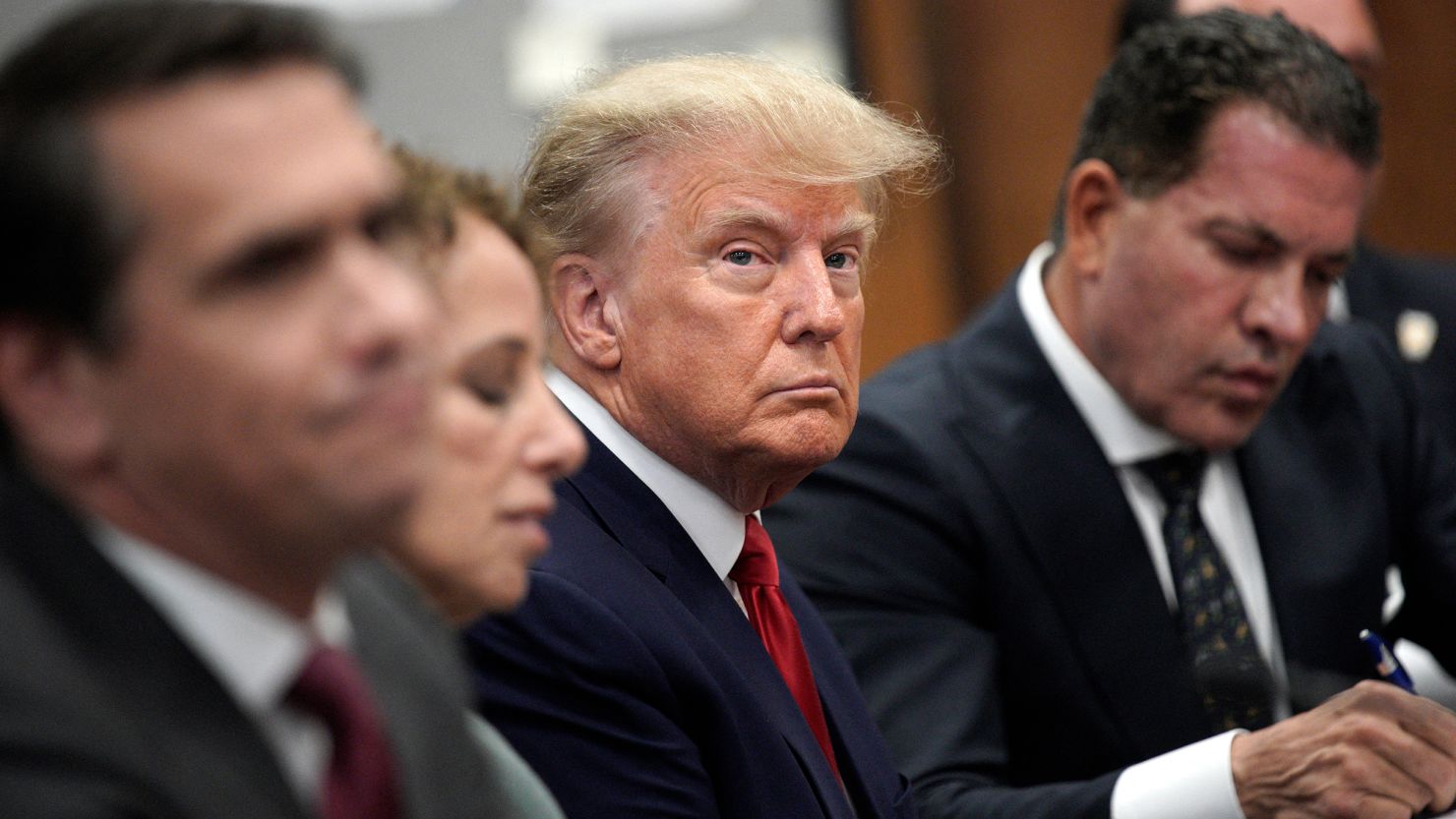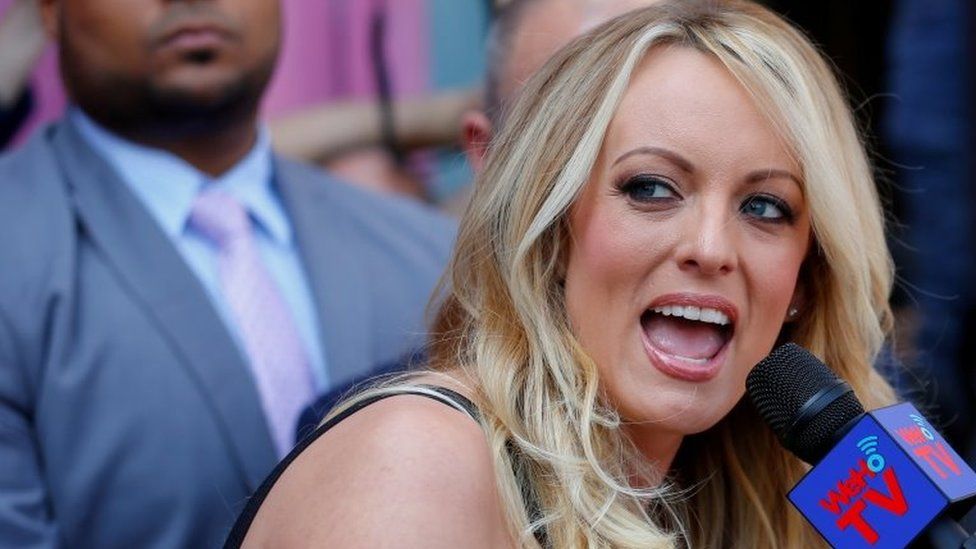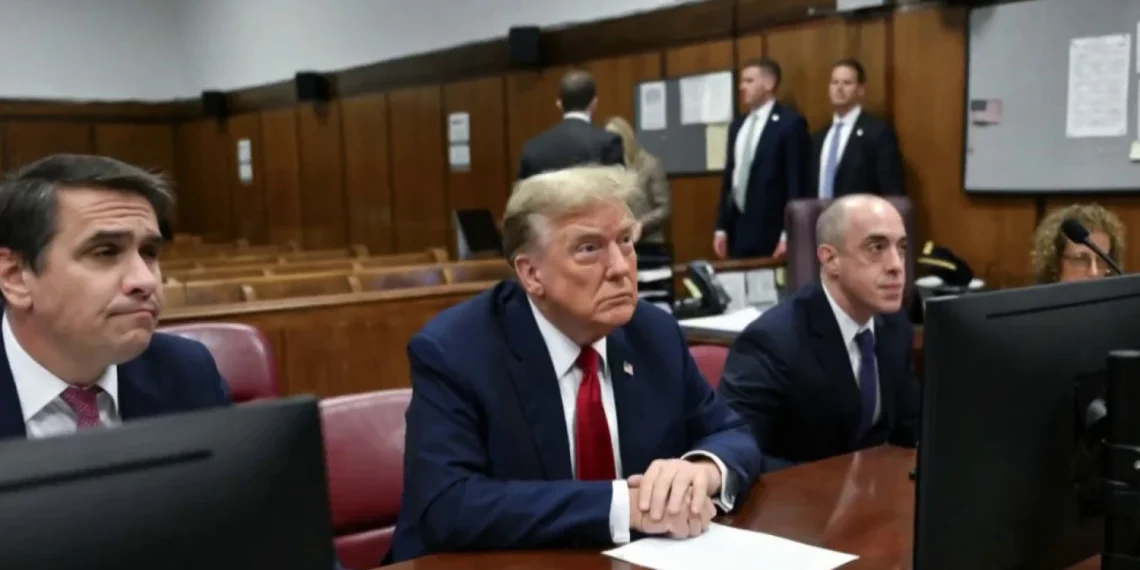A legal expert cautioned that a move by Donald Trump‘s lawyer to suggest Stormy Daniels extorted the former president with hush-money payments might have unintended consequences.
During Trump’s trial for falsifying business records, his lawyer, Emil Bove, questioned Keith Davidson, Daniels’ former attorney, about her motives for seeking money to conceal an alleged affair with Trump.
Bove referenced a recorded conversation where Davidson mentioned Daniels would lose leverage if Trump lost the 2016 election.

Randall Eliason, a former federal prosecutor, analyzed the situation, stating that the defense’s attempt to paint Daniels as seeking payment for leverage could inadvertently strengthen the prosecution’s argument.
Eliason explained that the value of suppressing Daniels’ story lay in its potential to influence the election, not merely to avoid embarrassment.
Expanding on his analysis, Eliason emphasized that the purpose of the hush-money payment was to impact the election outcome, not solely to prevent public embarrassment or keep secrets from Trump’s wife.
This perspective reinforces the prosecution’s theory and underscores the significance of the defense’s cross-examination strategy.
Trump faces 34 felony counts related to falsifying business records concerning a $130,000 payment to Daniels arranged by his former lawyer, Michael Cohen.
Prosecutors allege the payment was an unlawful attempt to sway the 2016 presidential race. Despite Trump’s plea of not guilty, the prosecution maintains the payment was part of a scheme to influence the election.

During the trial, Bove also raised questions about Davidson’s legal practices, implying he bordered on extortion when handling sensitive matters for public figures like Hulk Hogan.
Davidson refuted the accusations, asserting the settlements he facilitated were fair and legitimate.
While Trump’s legal team has yet to comment, legal experts and observers note the potential ramifications of their defense strategy on the outcome of the trial and Trump’s political future.





